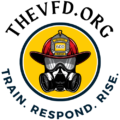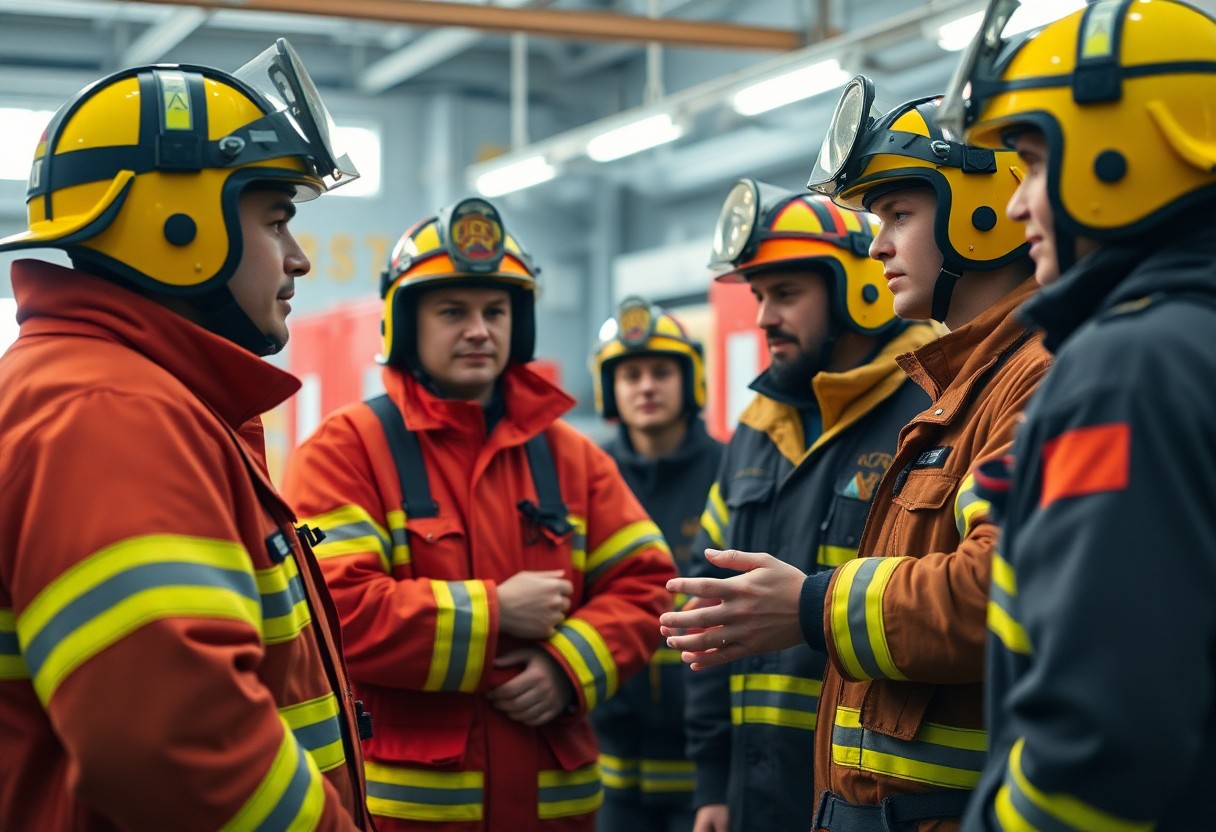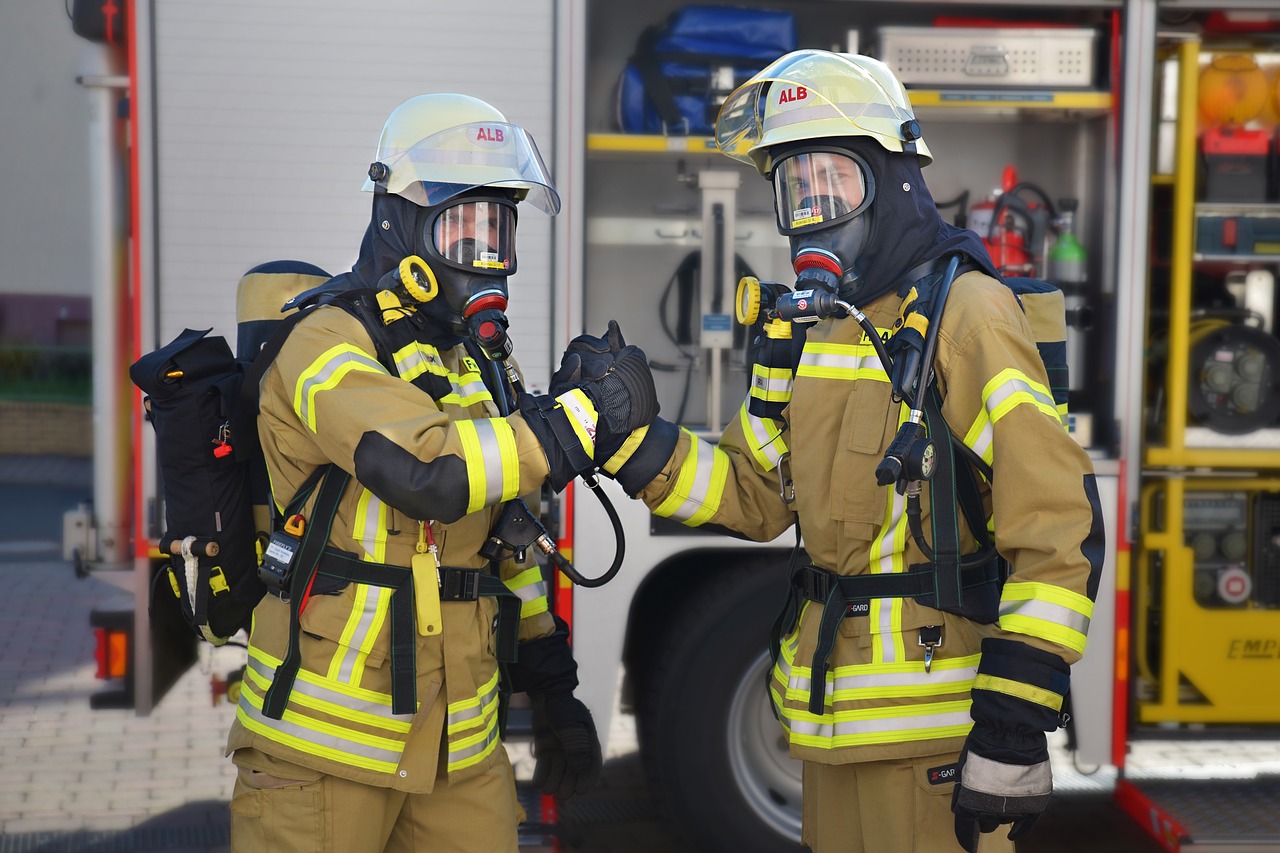It’s imperative to understand that volunteering as a firefighter offers you remarkable opportunities for both personal and professional growth. Engaging in this demanding role not only equips you with valuable skills such as teamwork and leadership but also fosters traits like resilience and empathy. As you tackle diverse challenges in emergency situations, you enhance your problem-solving abilities while building a network of like-minded individuals. This experience not only enriches your community but also positions you favorably in future career prospects, making it an exceptional avenue for development.
Personal Development Opportunities
The experience of volunteering as a firefighter offers invaluable personal development opportunities that can have a profound impact on your life. Engaging in this demanding role enhances your problem-solving skills, encourages a strong sense of community, and provides you with a platform to push your limits. As you navigate challenging situations, you’ll discover new strengths and capabilities that will benefit you both personally and professionally.
Building Confidence
Behind the helmet and uniform, you will face situations that can be intimidating and high-pressure. However, as you gain experience, you’ll find yourself growing more confident in your abilities. Each successful call and teamwork exercise solidifies your self-assurance, allowing you to tackle future challenges with ease and poise. The resilience you build during these experiences translates into all aspects of your life, paving the way for personal achievements.
Enhancing Leadership Skills
Skills acquired through volunteering as a firefighter are transferable and valuable in any career. You’ll learn how to effectively lead a team under pressure, facilitate communication, and inspire your colleagues. Taking charge during emergencies will sharpen your decision-making abilities and provide you with hands-on experience in conflict resolution and teamwork.
Opportunities will arise for you to step into leadership roles within your fire department’s team structure. This experience will not only enhance your ability to guide and motivate others but will also teach you how to adapt your leadership style to different circumstances. As you grow, you’ll learn to foster collaboration and ensure that every team member feels valued, preparing you for future leadership challenges in both your volunteer work and professional life.
Professional Development Opportunities
Assuming you decide to volunteer as a firefighter, you will find numerous professional development opportunities that can significantly enhance your career. The skills you gain through firefighting extend beyond emergency response; they can translate into various industries. As you immerse yourself in this role, you will develop leadership qualities, teamwork skills, and the capacity to perform under pressure, all of which are highly valued by employers across different fields.
Training and Certifications
Training as a firefighter involves extensive hands-on experience and formal education, equipping you with a comprehensive skill set that can be applied in many career paths. You will have access to specialized training programs and certifications, such as emergency medical technician (EMT) and hazardous materials handling, enhancing your qualifications and making you more marketable in the workforce.
Career Networking
After joining the firefighter community, you will open doors to valuable networking opportunities. Engaging with fellow volunteers, professionals, and industry experts can expand your connections, leading to potential job opportunities and partnerships in various sectors. These relationships can prove advantageous for career advancement and information sharing as you navigate your professional journey.
Development through career networking not only introduces you to potential mentors but also allows you to exchange insights with individuals who share your passion for public service. As you build connections with other firefighters and emergency service personnel, you can learn about job openings, seek advice on career paths, or collaborate on community initiatives. These interactions can enrich your professional life and create a supportive network that enhances your volunteer experience.
Community Impact
Clearly, volunteering as a firefighter allows you to make a tangible difference in your community. Your presence at emergency scenes and community events fosters trust and resilience, creating a safer environment for everyone. Engaging with diverse groups during moments of crisis enhances community cohesion and can significantly improve the overall well-being of those around you.
Strengthening Community Bonds
An imperative aspect of volunteering is the opportunity it provides to forge strong connections within your community. As you work alongside fellow volunteers and engage with residents, you actively participate in creating an environment where trust and cooperation flourish. These bonds not only enhance your sense of belonging but also promote a collective effort towards safety and support.
Developing Empathy and Understanding
By serving as a firefighter volunteer, you cultivate profound empathy and understanding for the various challenges that individuals face in your community. This experience broadens your perspective and enhances your ability to connect with others on a more personal level.
Considering the diverse experiences you encounter while volunteering, you naturally develop a deeper understanding of different backgrounds and socioeconomic situations. The critical nature of emergencies exposes you to the vulnerabilities of those you serve, allowing you to appreciate their unique struggles. This empathetic insight not only enriches your interpersonal skills but also equips you to respond with greater compassion and effectiveness in future situations. As you connect with individuals in their times of need, you foster a sense of solidarity that benefits everyone involved.
Physical and Mental Well-being
For anyone considering volunteering as a firefighter, the physical and mental well-being benefits are significant. Engaging in this demanding role not only enhances your fitness levels but also equips you with strategies to cope with stress. You’ll find yourself better prepared to handle diverse challenges both in and out of uniform, promoting overall wellness in your life.
Promoting Physical Fitness
The rigorous training and active nature of firefighting contribute to improved cardiovascular health, strength, and endurance. As a volunteer firefighter, your body is continually challenged, pushing you to exceed your limits and stay fit. This commitment to physical fitness can inspire others in your community to adopt healthier lifestyles as well.
Stress Relief and Mental Resilience
With the unpredictable environment of firefighting comes a unique opportunity to build mental resilience. You learn to face high-pressure situations, make quick decisions, and manage stress effectively, which can benefit your personal life significantly.
Plus, engaging in hands-on work with a team fosters a sense of camaraderie and shared purpose, helping to alleviate anxiety and loneliness. The skills you develop in managing intense situations will translate into a greater capacity for handling challenges, ultimately enhancing your mental fortitude and emotional well-being. Volunteering as a firefighter not only strengthens your body but also fortifies your mind against life’s various pressures.
Lifelong Learning
All volunteers in firefighting benefit from lifelong learning, developing both personally and professionally over time. Engaging with diverse scenarios and challenges, you will expand your knowledge, enhance your skills, and build resilience, all while working alongside seasoned professionals. This ongoing education shapes you into a more competent individual, ready to tackle not only the demands of firefighting but also various aspects of life beyond the firehouse.
Learning New Skills
About becoming a firefighter, you immerse yourself in various training programs that cover emergency medical response, firefighting techniques, and search and rescue operations. These curricula not only equip you with practical knowledge but also foster teamwork and leadership skills. As you learn to operate advanced firefighting equipment and navigate complex situations, you gain skills that can be applied in numerous other fields, enhancing your professional versatility.
Adapting to New Technologies
The ever-evolving landscape of firefighting requires you to stay updated with the latest technologies and tools. As a volunteer firefighter, you are consistently introduced to new equipment, from advanced firefighting gear to state-of-the-art communication systems. This adaptation not only enhances your effectiveness during emergency responses but also supports your personal development in learning how to integrate technology into your everyday tasks.
To stay relevant and effective in your role, you will need to embrace new technologies that improve firefighting strategies and safety. Engaging in hands-on training with the latest equipment allows you to understand functionalities and best practices, ensuring seamless adaptation during emergencies. Moreover, keeping up with technological advancements prepares you for potential career opportunities within the fire service and related industries, broadening your expertise and professional reach.
Contributions to Society
Many individuals find that volunteering as a firefighter not only enhances their own skills but also makes a significant impact on the community. By dedicating your time and effort, you contribute to public safety, foster community spirit, and provide vital assistance during emergencies. Your presence and willingness to help can change lives, guiding those in distress towards recovery. In return for your commitment, you often find a greater sense of purpose and belonging, knowing that you play an crucial role in the well-being of others.
Importance of Volunteerism
Around the world, volunteerism has proven to be a foundational pillar of vibrant communities. By choosing to volunteer, you set an example for others and help cultivate a culture of giving back. Your actions not only address immediate community needs but also promote resilience and solidarity, impacting the social fabric and inspiring others to offer their time and skills as well.
Inspiring Others to Get Involved
The act of volunteering is not just about the tasks you perform; it serves as a testament to the power of community engagement. It showcases the importance of collective efforts in tackling challenges, encouraging those around you to step outside their comfort zones and contribute positively. Your commitment can motivate friends, family, and neighbors to discover their own potential for making a difference.
Volunteerism can ignite a chain reaction in your community. When you actively engage in firefighting efforts, you demonstrate the value of selflessness and teamwork. Your passion and dedication can inspire others to find their sense of purpose, whether through firefighting or any other form of volunteering. By sharing your experiences and the rewards that come from serving, you can encourage more members of the community to take action and become part of the solution.
Final Words
From above, it’s clear that volunteering as a firefighter can significantly enhance both your personal and professional development. You gain valuable skills such as teamwork, leadership, and problem-solving, which are applicable in various career paths. Additionally, you’ll foster a sense of community and empathy, further enriching your social connections. The experience can also bolster your resume, showcasing your commitment and ability to work under pressure. Ultimately, volunteering as a firefighter not only allows you to serve your community but also equips you with vital life skills that benefit you both personally and professionally.



